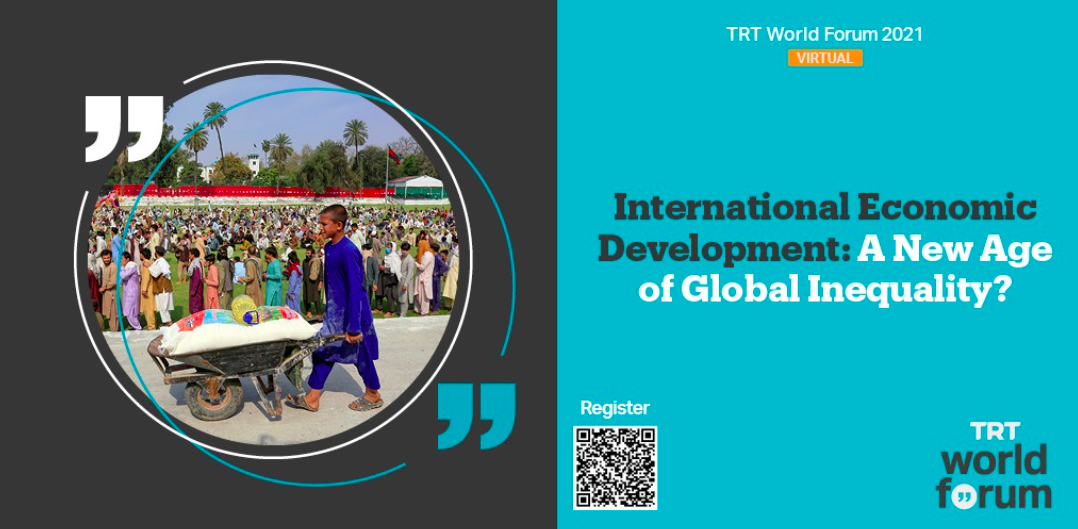As the long-term socio-economic effects of the Covid-19 pandemic threaten to reverse years of progress in global poverty reduction and addressing inequalities, there is a renewed emphasis on developing equitable and sustainable models of economic development, particularly in the world’s poorest regions. The so-called ‘Fourth Industrial Revolution’, characterised by increased digitisation, automation, e-commerce, and remote work, holds both risks and opportunities. While it could exacerbate existing inequalities and create new ones, it also offers the potential for greater equal-opportunity employment for knowledge workers globally.
With inequality posing the risk of social fragmentation, hampering economic growth, and stalling progress on global challenges like climate change, closing the gap between the ‘haves’ and ‘have nots’ has become a strategic priority for governments worldwide. As economies restart and global growth resumes post-pandemic, the challenge for states and international organisations will be to ensure that these benefits are shared equitably. In an increasingly interconnected world, governments will need to look beyond their borders to anticipate and address inequalities that could have a direct impact at home. Economic opportunities and the threat of inequality, especially after the pandemic, will remain central to the strategic agendas of even the wealthiest nations.
